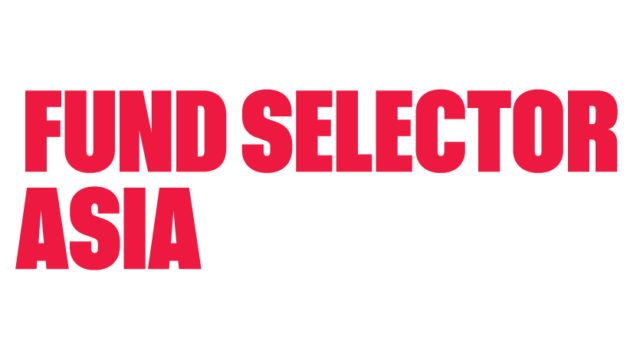In the 2014-2015 Budget, Hong Kong financial secretary, Hon John C Tsang, said a regulatory framework for introducing an open-ended fund company structure has been drawn up and that a consultation will begin next month. Such a structure would result in more funds being established in the country, Tsang said.
Currently, unit trusts dominate the market, as the companies ordinance does not permit the establishment of a variable capital investment vehicle in Hong Kong. The Financial Secretary had said in his 2013-2014 Budget speech that the laws would be changed to introduce open-ended investment companies in Hong Kong.
In November, the Financial Services Development Council of Hong Kong had put forward its proposals to broaden the fund structures permitted in the territory, including open-ended investment companies, in a bid to attract more funds to domicile locally.
Similar discussions are going on in Singapore too, with PwC recently proposing a revamp of investment fund structures. According to the PwC research paper, a majority 90% of fund managers preferred an open-ended investment company structure.
With regards the “mutual recognition” of funds between mainland China and Hong Kong, Tsang said “consensus has been reached between the Securities and Futures Commission and relevant Mainland authorities” and once implemented it will promote the diversification of fund products in the Mainland and Hong Kong.
The RMB qualified foreign institutional investors (RQFII) scheme facilitates the launch of more innovative and diversified RMB investment products in Hong Kong to promote two-way flow of RMB funds between the Mainland and Hong Kong, he said.
Some asset managers outside of Asia have also begun to take advantage of China’s RQFII scheme, with Ashmore becoming the first outside of Hong Kong to be granted a licence early last month.
Among other measures pertaining to fund industry, the budget also proposed to waive off the stamp duty on ETFs, so as to reduce trading costs of exchange traded funds (ETFs) with a higher percentage of Hong Kong stocks in portfolios.
This will help promote the development, management and trading of ETFs in Hong Kong, the minister said.
A stamp duty concession for ETFs was introduced in 2010, but it covered only those funds that track indices with less than 40% of Hong Kong constituent stocks.
The minister noted that the number of ETFs listed in Hong Kong have since seen a substantial increase, rising to 116 at the end of last year from 69 at the end of2010. The daily average turnover of ETFs has also increased from to $3.7bn from $2.4bn, making Hong Kong one of the largest ETF markets in the Asia-Pacific region.
According to the budget speech document, Hong Kong’s wealth and asset management business has been growing “exponentially, ranking top in Asia.” At the end of 2012, there were 45 banks operating private wealth management business in Hong Kong. The assets under management of these banks and other fund managers recorded a year-on-year growth of 40%, reaching a record high of HKD12.6trn.

















